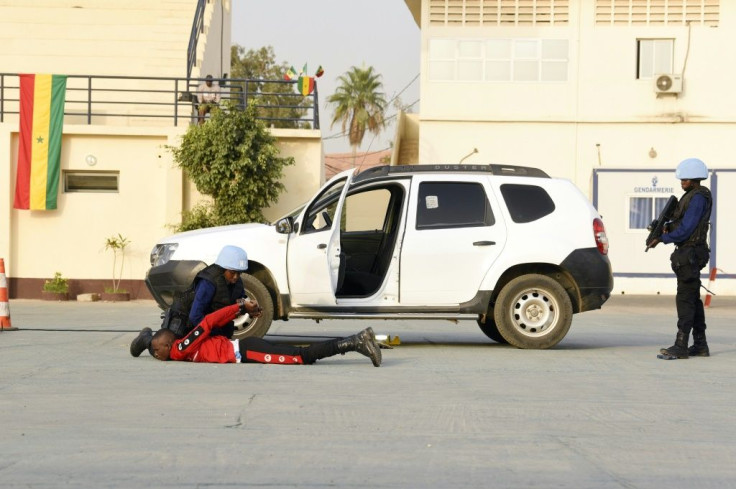Harshly Criticized Russia-backed UN Resolution On Women Fails
A Russian-backed resolution at the UN Security Council on boosting the number of women in positions of power failed Friday after Western nations said it could damage the cause it claimed to address.
The resolution, which according to it proponents also aimed to boost women's representation in peace efforts, received only five of 15 votes in the council.
The draft listed recommendations in a dozen paragraphs for UN member states to improve the status of women.
Critics said the text was too weak and even a step backwards from previous measures on the subject adopted over the last two decades.
Russia, which has held the Security Council presidency in October, along with China, Indonesia, South Africa and Vietnam voted in favor.
The 10 other countries on the 15-member council, including the United States and the five European members, abstained.

Western diplomats said the resolution lacked provisions on the role of civil society in promoting women's rights, while a reference related to human rights was deleted during negotiations.
"The adoption of this text would have undermined the significant achievements made on this critical agenda and the enduring efforts of so many women's rights activists," said British acting UN ambassador Jonathan Allen.
Russia's ambassador to the UN Vassily Nebenzia said the draft's failure was more "proof of a worrying trend".
He called it "attempts by some to usurp and establish monopoly in the protection of the rights of women, while denying others the right to take part in the debate to improve the standing of women."
The vote came as the UN this week marked the 20th anniversary of a Security Council resolution that sought to boost women's representation in the world's peace efforts.
On Thursday, UN Secretary-General Antonio Guterres deplored the persistent lack of women in that area, saying there had been "important changes" over the last two decades but not enough.
He told a virtual meeting of the Security Council that "gender equality is first and foremost a question of power, and wherever we look, power structures are dominated by men."
© Copyright AFP 2024. All rights reserved.




















